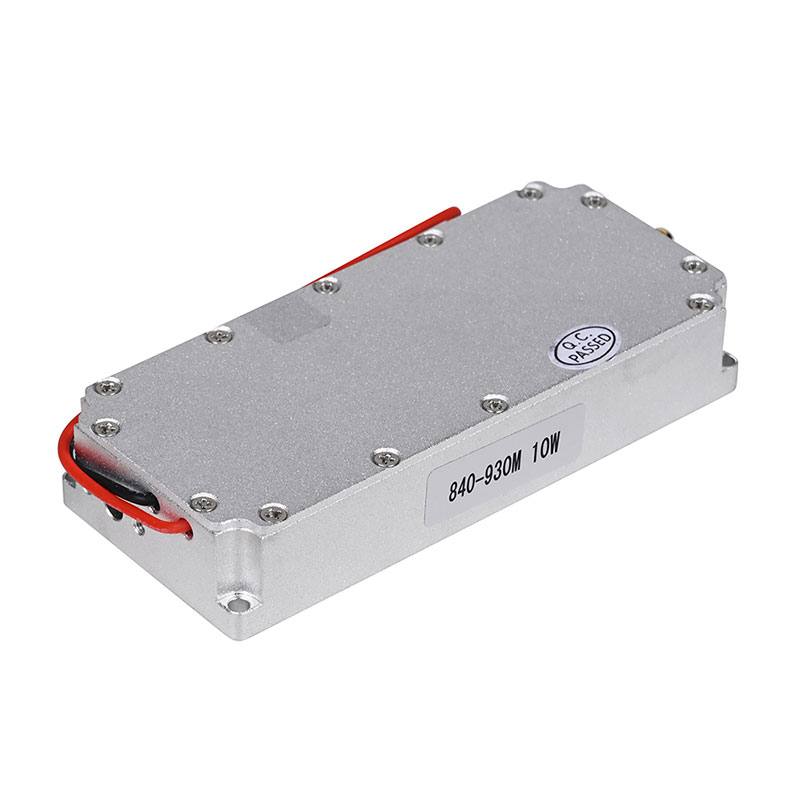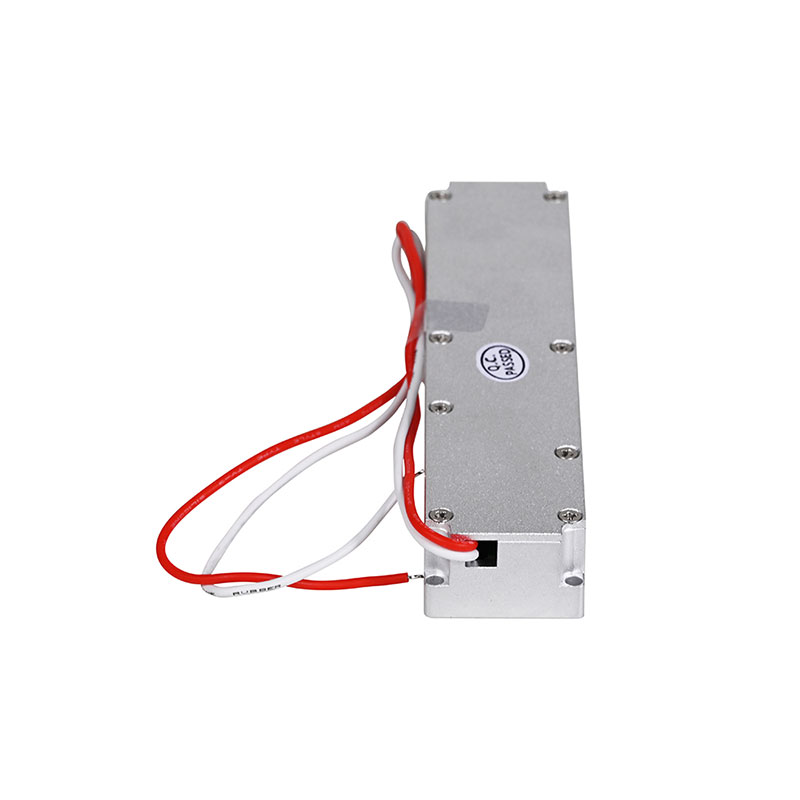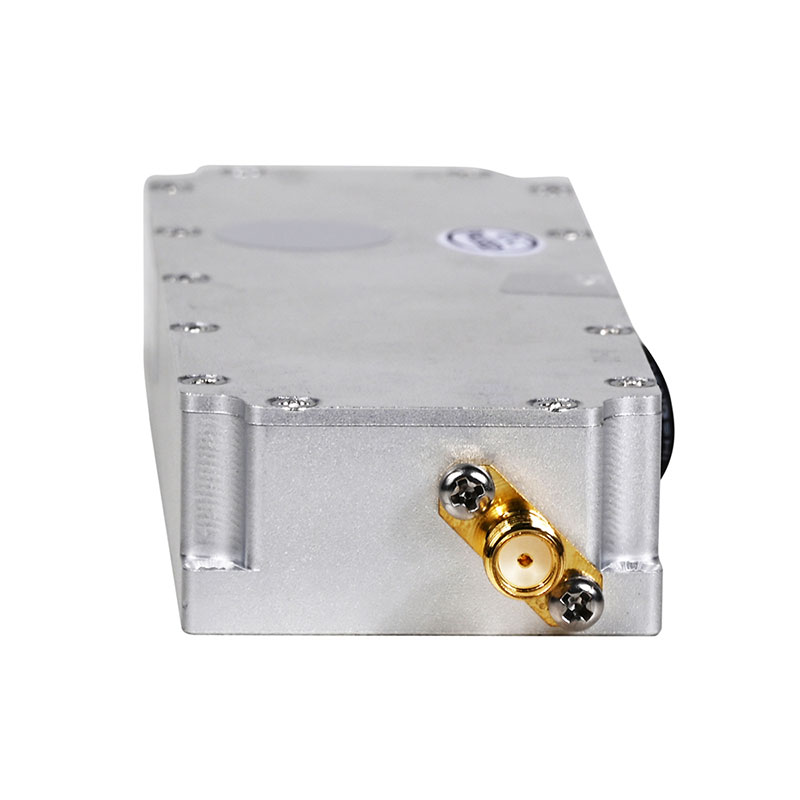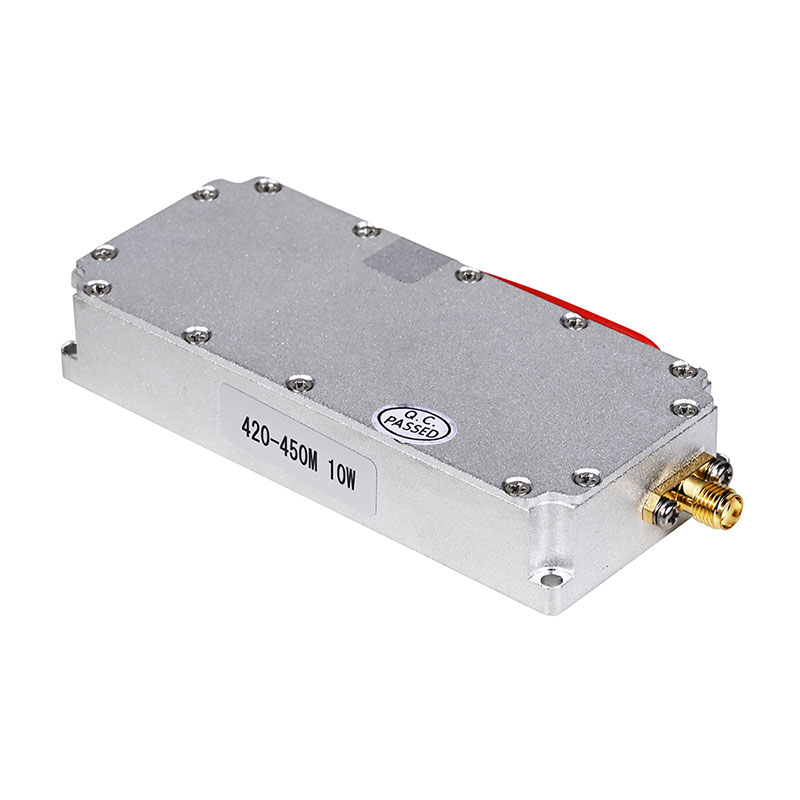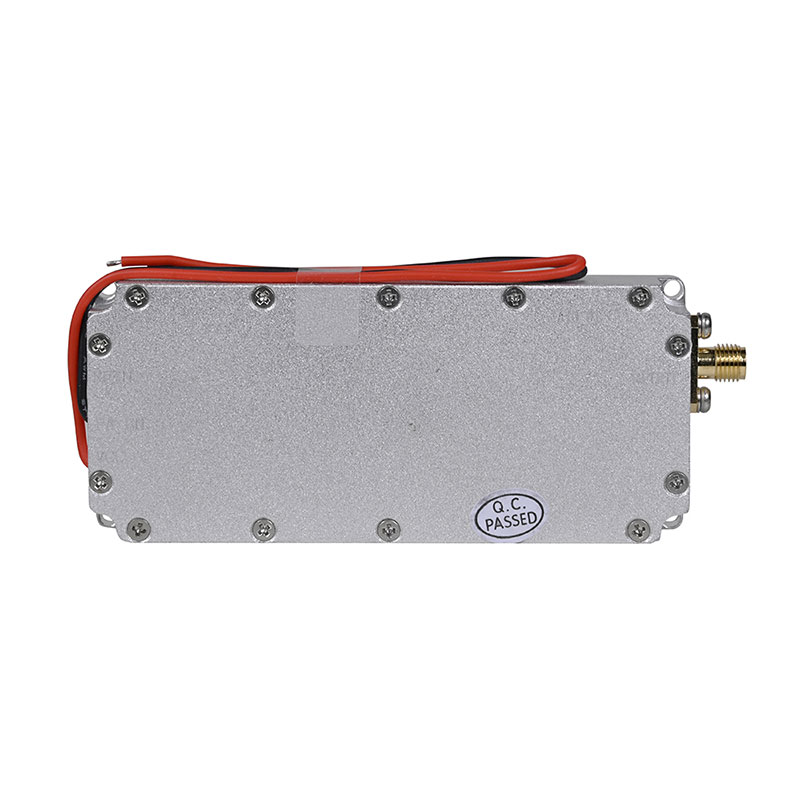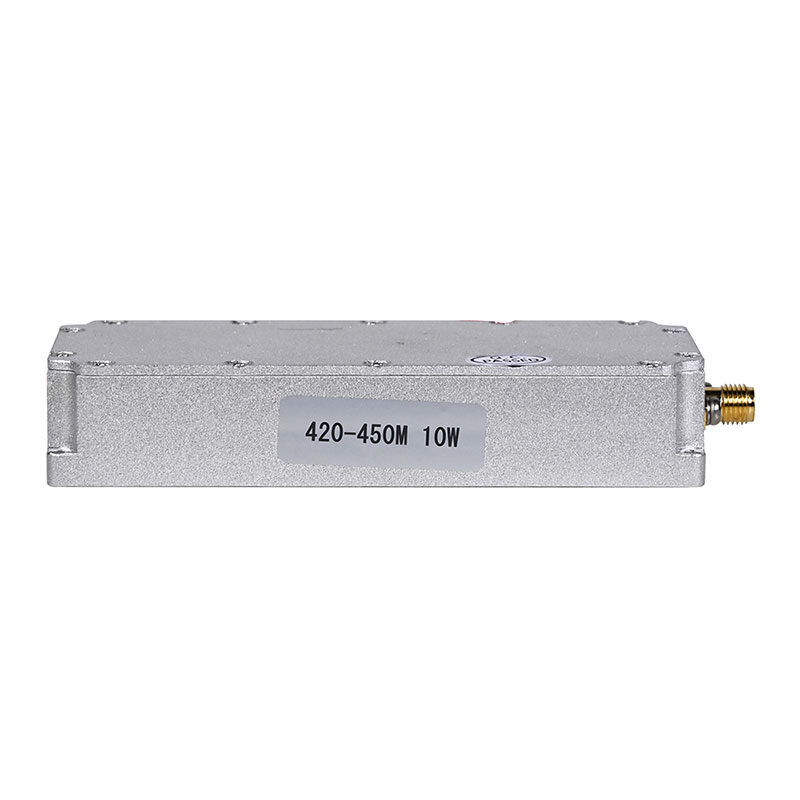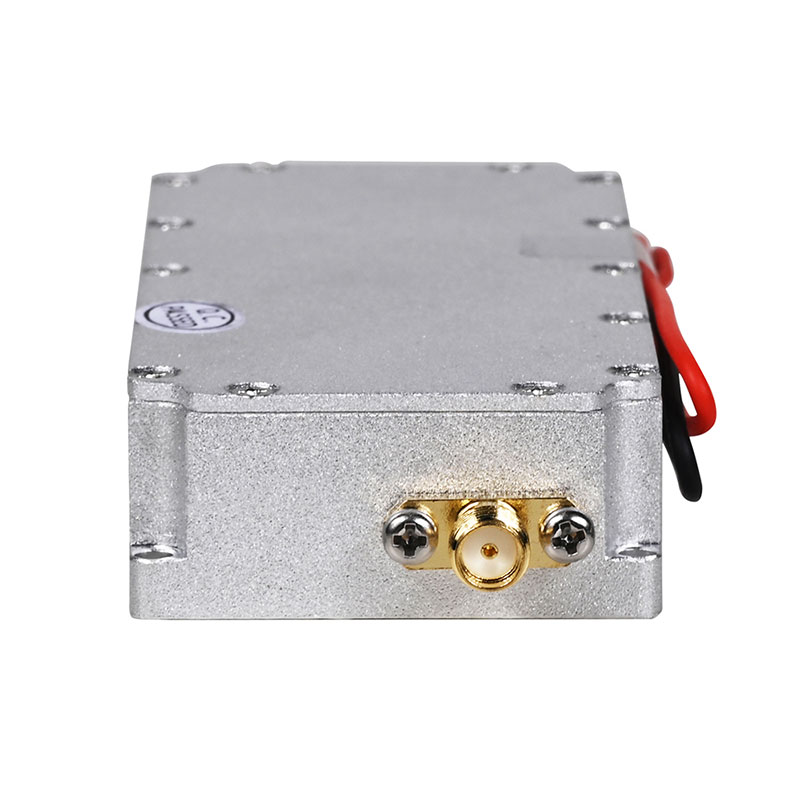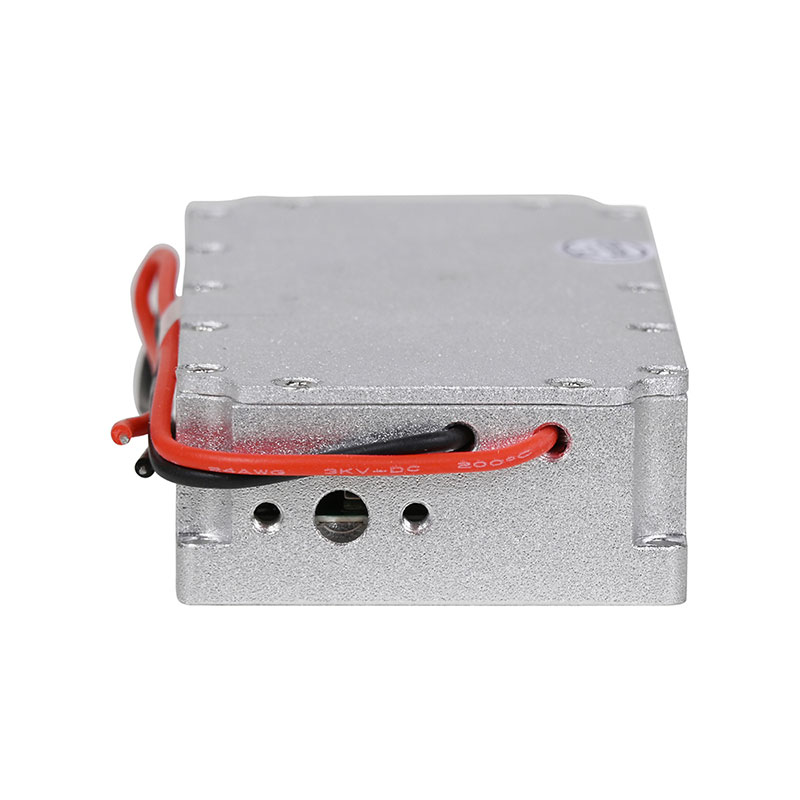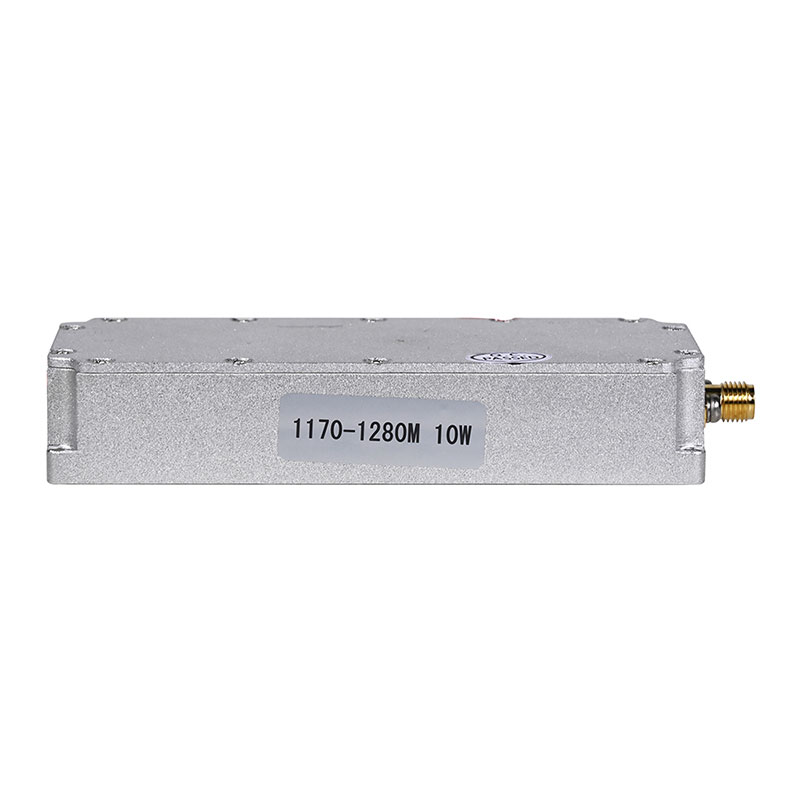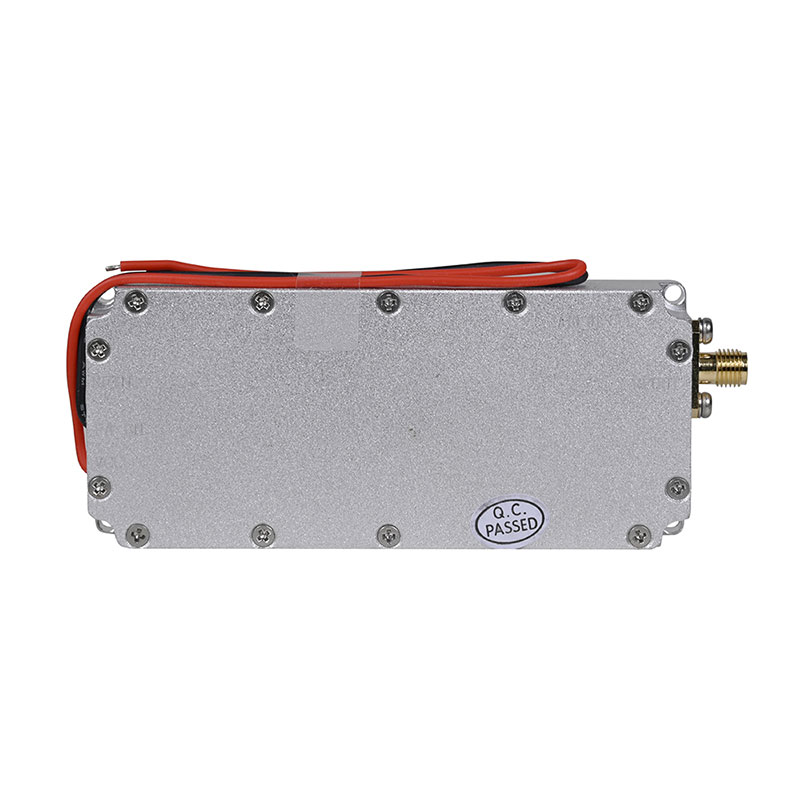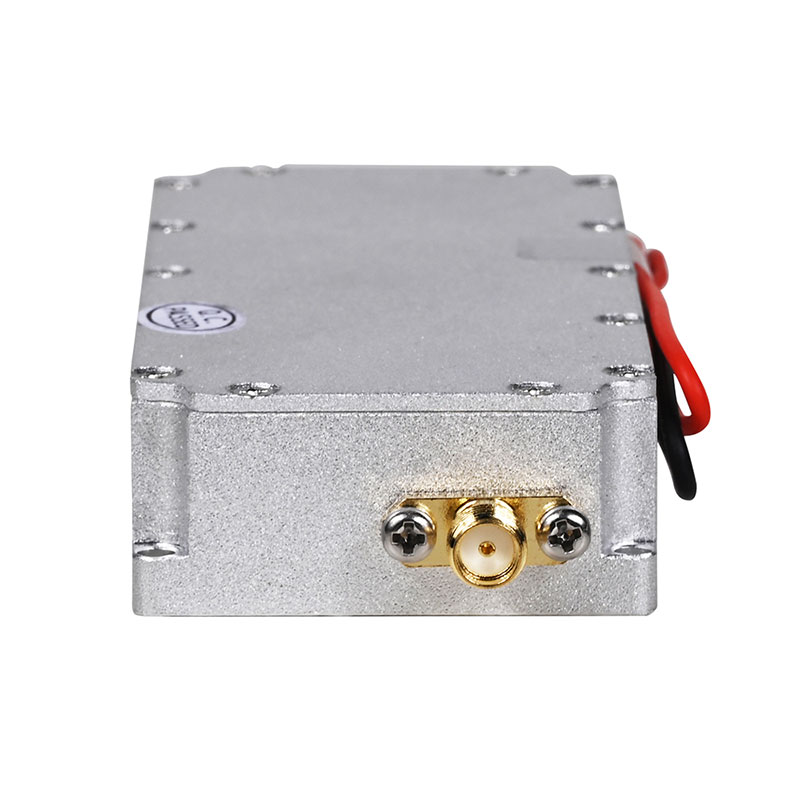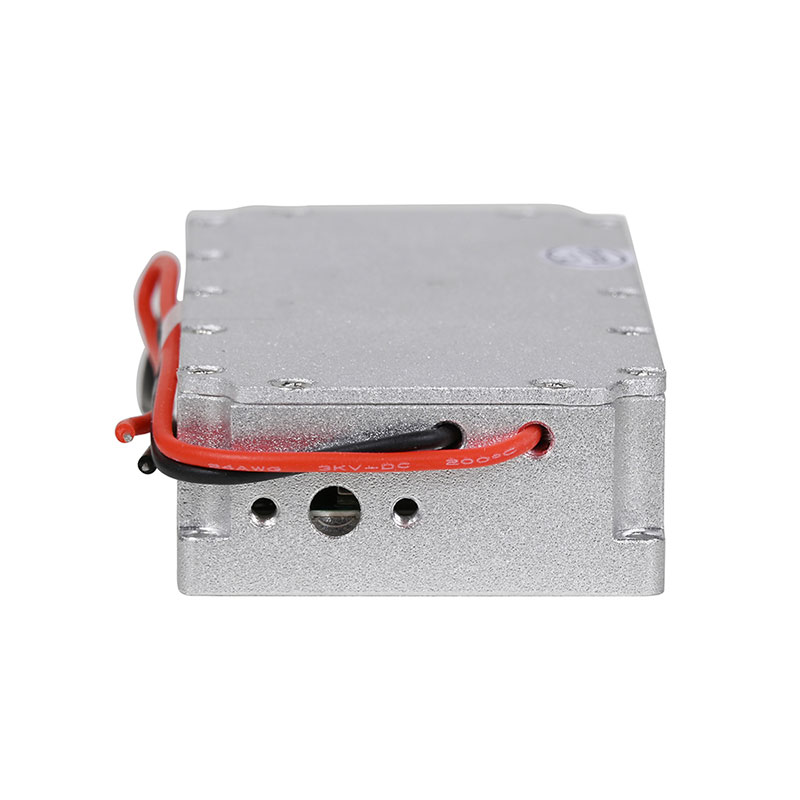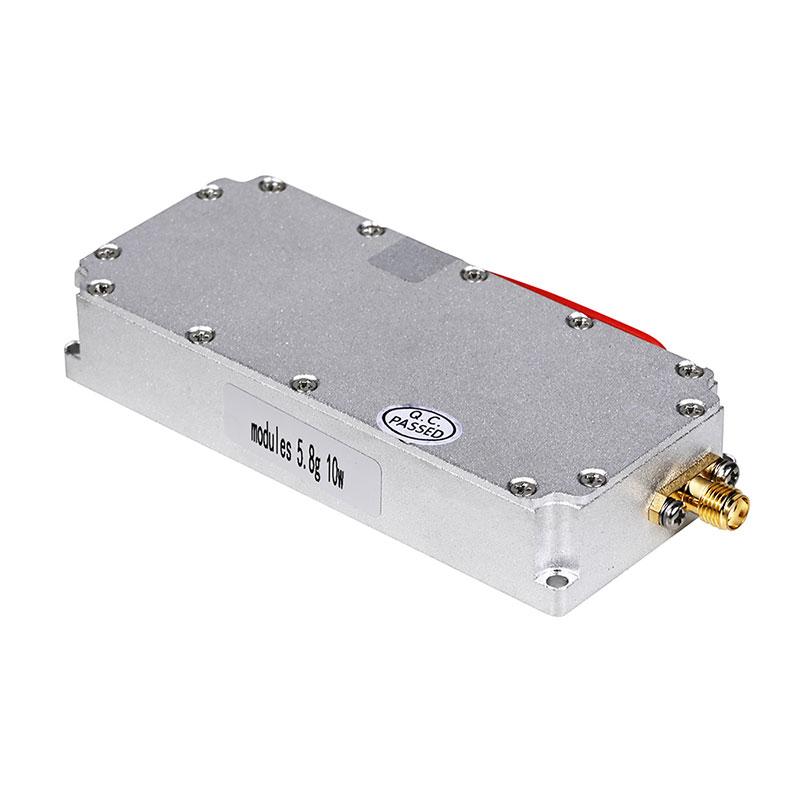
- English
- Español
- Português
- русский
- Français
- 日本語
- Deutsch
- tiếng Việt
- Italiano
- Nederlands
- ภาษาไทย
- Polski
- 한국어
- Svenska
- magyar
- Malay
- বাংলা ভাষার
- Dansk
- Suomi
- हिन्दी
- Pilipino
- Türkçe
- Gaeilge
- العربية
- Indonesia
- Norsk
- تمل
- český
- ελληνικά
- український
- Javanese
- فارسی
- தமிழ்
- తెలుగు
- नेपाली
- Burmese
- български
- ລາວ
- Latine
- Қазақша
- Euskal
- Azərbaycan
- Slovenský jazyk
- Македонски
- Lietuvos
- Eesti Keel
- Română
- Slovenski
- मराठी
- Srpski језик
10W 420-450MHz Anti Drone Module
FZX, a specialist in electronic devices, presents a 10W 420-450MHz Anti Drone Module tailored for professional drone countermeasure systems. Our expertise in drone jammers, anti drone modules, and anti-drone solutions ensures high-quality performance. Custom frequency options are available to meet your specific requirements.
Send Inquiry
The 10W 420-450MHz Drone UAV GPS Jammer Module is a cutting-edge technology designed to disrupt the GPS and WiFi frequencies commonly used by drones. In the current landscape where drones are being increasingly exploited, this module serves as a vital tool in maintaining airspace security and mitigating potential risks associated with unauthorized drone operations. By effectively neutralizing the critical frequencies relied upon by drones, this module acts as the core component in anti-drone systems, offering a proactive defense mechanism against unwanted drone activities.
FZX 10W 420-450MHz Anti Drone Module Parameter
| Project | Index | Unit | Remark | ||
| Frequency Range | 420-450 | MHz | Customers can customize the frequency | ||
| Operating Voltage | 28 | V | 28-32V | ||
| Maximum output power | 40±0.5 | dBm | 10W@≤1A | ||
| Gain | 35±1 | dB | Peak-to-peak | ||
| In-band fluctuations | ≤2 | dB | Peak-to-peak | ||
| Spurious emissions | Within work zone | ≤-15dBm/1MHz | dBm |
Center frequency plus CW signal to maximum Output power time measurement |
|
| Outside work zone | 9KHz~1GHz | No higher than normal noise floor clutter | dBm | ||
| 1G~12.75GHz | dBm | ||||
| Output voltage standing wave ratio | ≤1.30 | Without power, standard network output -10dBm | |||
| ≤1.30 | Power Up, Dual Directional Coupler Test | ||||
| High and low temperature test | Working temperature | -10~+55 | ℃ | Low temperature can start | |
| Gain stability | ±1.5 @-40℃~+55℃ | dB | |||
| Power stability | ±1 @-40℃~+55℃ | dB | |||
| Power supply requirements | ≥2A@+28Vdc; | Continuous wave output 10W | |||
| Power supply interface | Power cord red positive black negative | red positive black negative | |||
| RF output connector | SMA | SMA external screw female seat | |||
| Electric current | ≤1 | A | |||
| Size | 25.6*111.7*17 | mm | |||
| Weight | 0.14 | Kg | |||
FZX 10W 420-450MHz Anti Drone Module Feature And Application
The role of a drone countermeasure anti drone module (Radio Frequency module) is to interfere with or disrupt the communication and navigation systems of drones by emitting specific radio frequencies. This module is typically integrated into drone countermeasure systems to perform the following functions:
Communication Jamming: The anti drone module can emit signals at the same frequency as the drone's control signals, thereby interfering with the communication link between the drone and its operator. This can cause the drone to lose control and either enter a safe mode or return to its takeoff point.
Navigation Jamming: Many drones rely on GPS or other satellite navigation systems for positioning and navigation. The anti drone module can emit jamming signals that affect the drone's GPS reception, making it unable to accurately determine its location and thus limiting its flight capabilities.
Forced Landing or Return: By disrupting the drone's communication and navigation systems, the anti drone module can cause the drone to lose control and be forced to land or return to its starting point according to preset safety procedures.
Preventing Illegal Activities: In sensitive areas or during events, the anti drone module can prevent drones from conducting illegal surveillance, filming, or dropping items, thereby protecting privacy and security.
Protecting Critical Infrastructure: Deploying anti drone modules around military bases, government facilities, airports, and other critical infrastructure can prevent drones from approaching, reducing potential security threats.
Maintaining Airspace Safety: During large events or emergencies, the anti drone module can ensure airspace safety by preventing drones from interfering with normal aviation activities or rescue operations.
In summary, the primary role of a drone countermeasure anti drone module is to use technical means to interfere with the normal operation of drones, thereby achieving the goal of controlling, forcing a landing, or repelling drones to protect the safety and privacy of specific areas.

